Need Help?
We’re here for you. Look through the resources below to find immedite assistance and next steps.
FAQ’s About 988
Learn more about 988 with information sourced from the
Substance Abuse and Mental Health Services Administration
The 988 Suicide & Crisis Lifeline is a national hotline offering one-on-one support for mental health, suicide, and substance use-related problems for anyone 24/7. No matter where you are in the United States, you can call or text the number 988 or chat online at 988lifeline.org and connect with a skilled, compassionate crisis counselor.
The 988 Lifeline is a direct connection to immediate support and resources for anyone in crisis. Here are some of the many reasons people might decide to connect with the 988 Lifeline (MP4 | 18.6 MB). There is no reason too big or too small to reach out to 988. People can also call, text or chat 988 if they are worried about a loved one who may need crisis support. 988 call, chat, and text services are available in English and Spanish. Call services with interpreters are available in more than 240 languages.
The 988 Lifeline responds 24/7 to calls, chats or texts from anyone who needs support for suicidal, mental health, and/or substance use crisis, and connects those in need with a counselor who listens and talks through your unique situation to give personal, judgment-free support. There are many reasons that people connect with the 988 Lifeline beyond suicide. Some examples include problems with drug or alcohol use, emotional distress, anxiety, depression, mental illness, loneliness, trauma, bullying, stress, relationship troubles, and just needing someone to talk with.
Yes. Anyone who needs mental health-, suicide- or substance use-related crisis support, or who has a loved one in crisis, can call, text, or chat 988 (as long as telephone, cellular or internet services are available) and reach a crisis counselor who will provide skilled, caring support. No matter who you are, where you live, or what you’re going through, 988 counselors are here to listen and help.
When you call 988, you will hear a greeting message, followed by a menu of choices that offer you the option to connect you to specially trained counselors for Veterans, service members, and their families (through the Veterans Crisis Line, operated by the Veteran’s Administration), Spanish speakers and LGBTQI+ youth and young adults. If you choose one of these services, your call is then routed to the service you have chosen. If you do not choose a service, you will be connected to a local 988 Lifeline crisis contact center based on either your approximate location or your phone’s area code. You can bypass the menu options by dialing zero.
You will hear music until a skilled, caring crisis counselor answers the phone. Once you are connected, your counselor will, introduce themselves, ask you about your safety, listen to you, and work to understand how your problem is affecting you. They will provide personal, judgment-free support and share resources that may be helpful. If your local crisis contact center is unable to take your call, you are automatically routed to a national backup crisis contact center.
If you speak a language other than English or Spanish, the 988 Lifeline uses Language Line Solutions to provide interpretation to callers in more than 240 additional languages. There is no cost to you for language interpretation.
When you text 988, you will first see prompts with instructions on how to connect with Veteran and service-member support at the Veterans Crisis Line (text 838255 directly), Spanish-speaking crisis counselors (enter AYUDA), and LGBTQI+ trained counselors for youth and young adults (enter PRIDE). If you are not trying to connect with one of these services, reply NEXT to move through the prompts.
You will then be asked questions designed to assess what you need. Your answers will help the counselor understand how they can best support you. The text prompts will continue to guide you as you wait to be connected with a counselor. The counselor will assess your safety, listen to you, work to understand how your problem is affecting you, provide support, and share resources that may be helpful.
The 988 Lifeline connects people with trained counselors who provide emotional support, crisis de-escalation, and connections to local community resources without relying on law enforcement or emergency medical intervention unless necessary.
911 is the primary contact for emergencies involving medical emergencies, fire, crimes in progress, or other situations requiring immediate physical intervention. Although 911 is highly effective for emergencies involving physical harm and public safety concerns, it is not specialized to manage behavioral health crises.
SAMHSA is working towards a long-term vision of strong coordination between the two services so people in crisis get to the most appropriate care needed in that moment. SAMHSA is actively working with 911 counterparts at the federal, state, and local levels as our country continues to improve crisis care systems.
Currently, a small percentage of 988 Lifeline callers require activation of the 911 system, and many of those are done with the consent and cooperation of the caller. This occurs when there is an imminent risk to someone’s life that cannot be reduced during the 988 Lifeline call. In these cases, the crisis counselor shares information with 911 that is crucial to saving the caller’s life.

